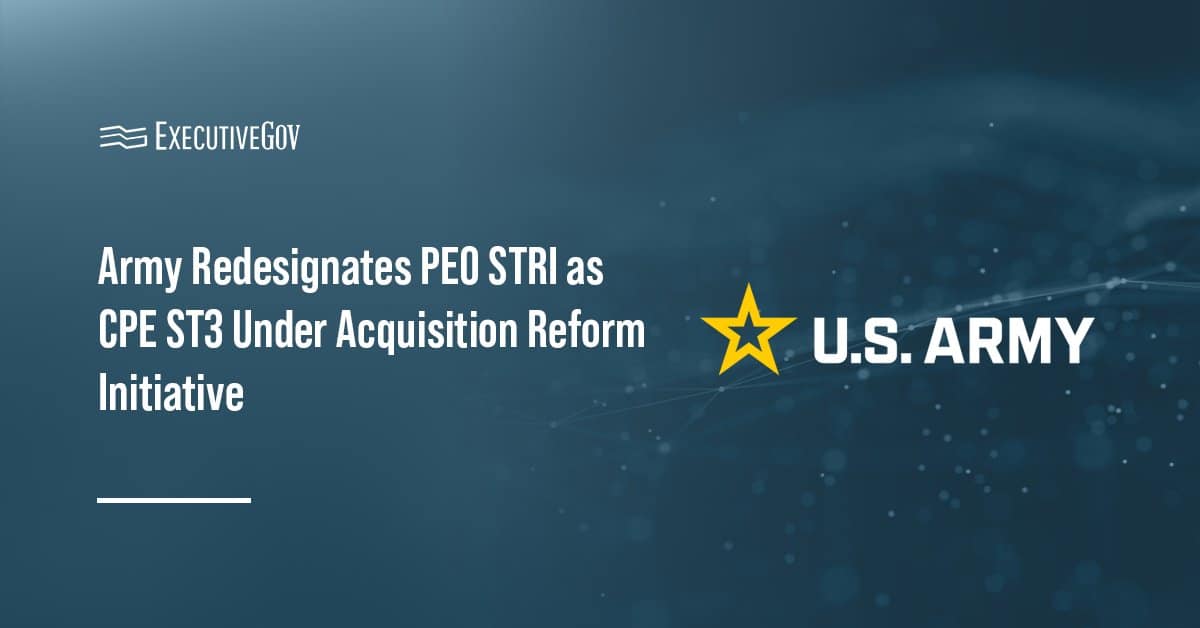A Palantir Technologies subsidiary has booked a contract from the U.S. Army worth $99.2 million to provide support for user-centered machine learning, dubbed UCML.
The Department of Defense said Palantir USG will provide research and development efforts centered on UCML.
Under the firm-fixed-price contract, the Palo Alto, California-based company is expected to be completed by Sept. 12, 2029.
Funding for the project will be determined with each order placed under the contract. Work location will also be specified upon issuance of each order.
The Army Contracting Command located in Adelphi, Maryland is the contracting activity.
Palantir is currently working with the Army to perform research and development to determine possible military uses for artificial intelligence and machine learning tools. The two parties agreed on the $250 million contract in 2023.





